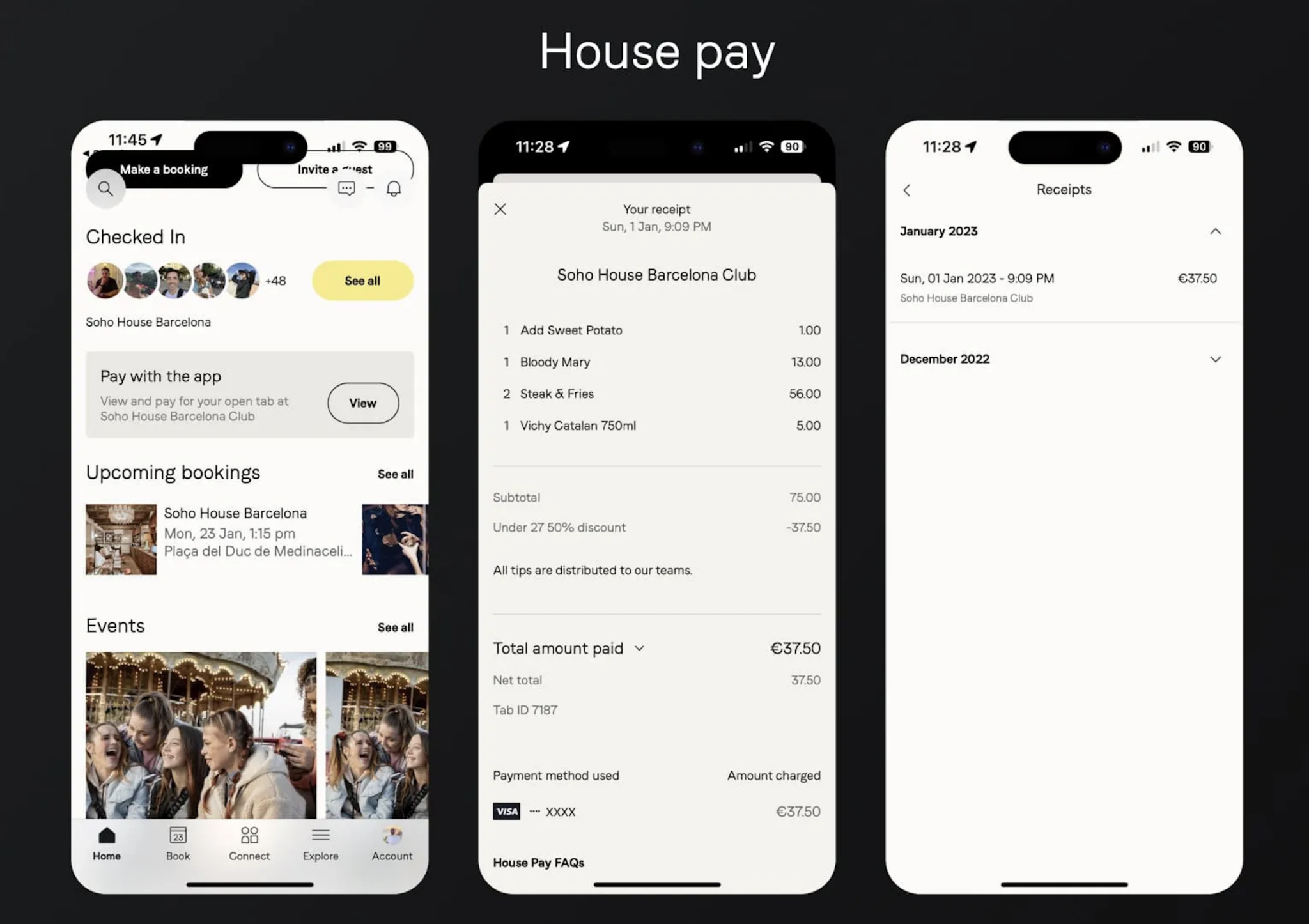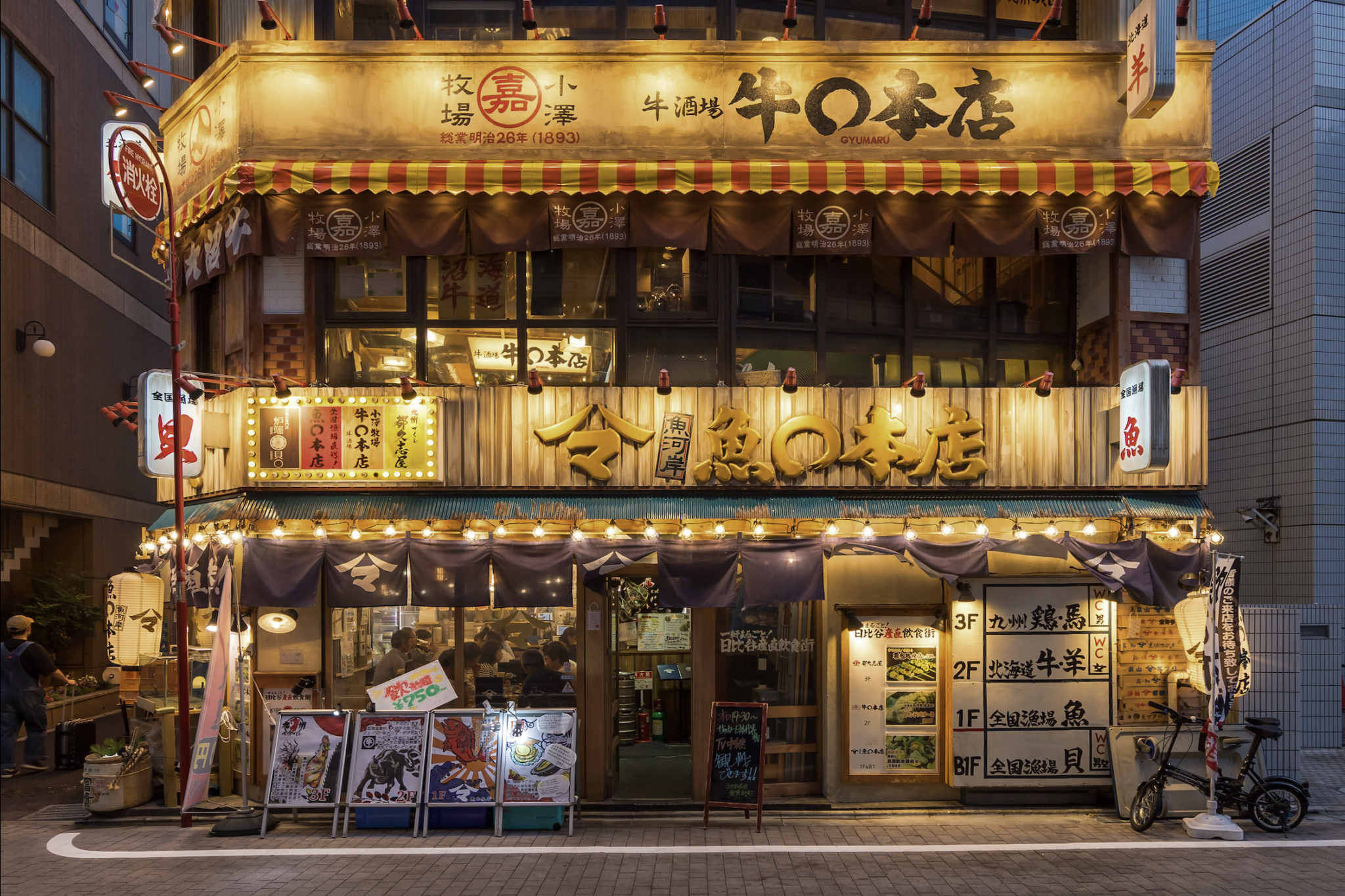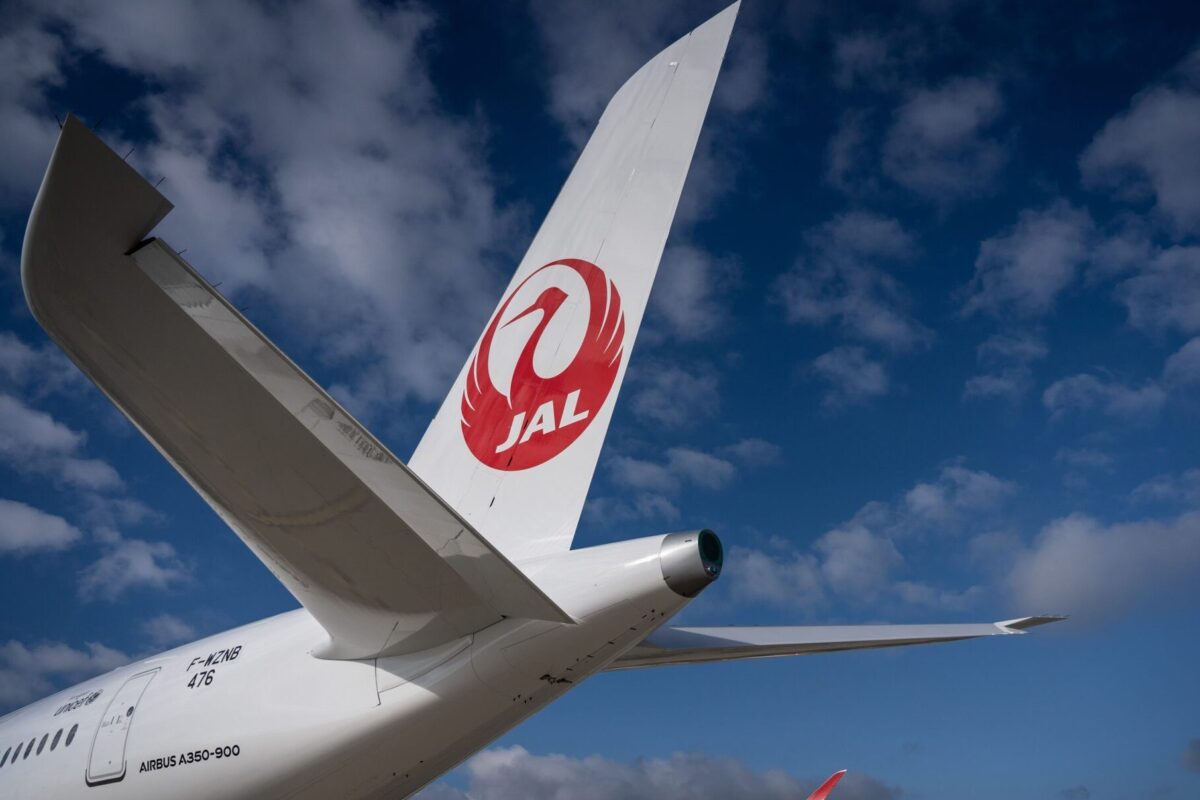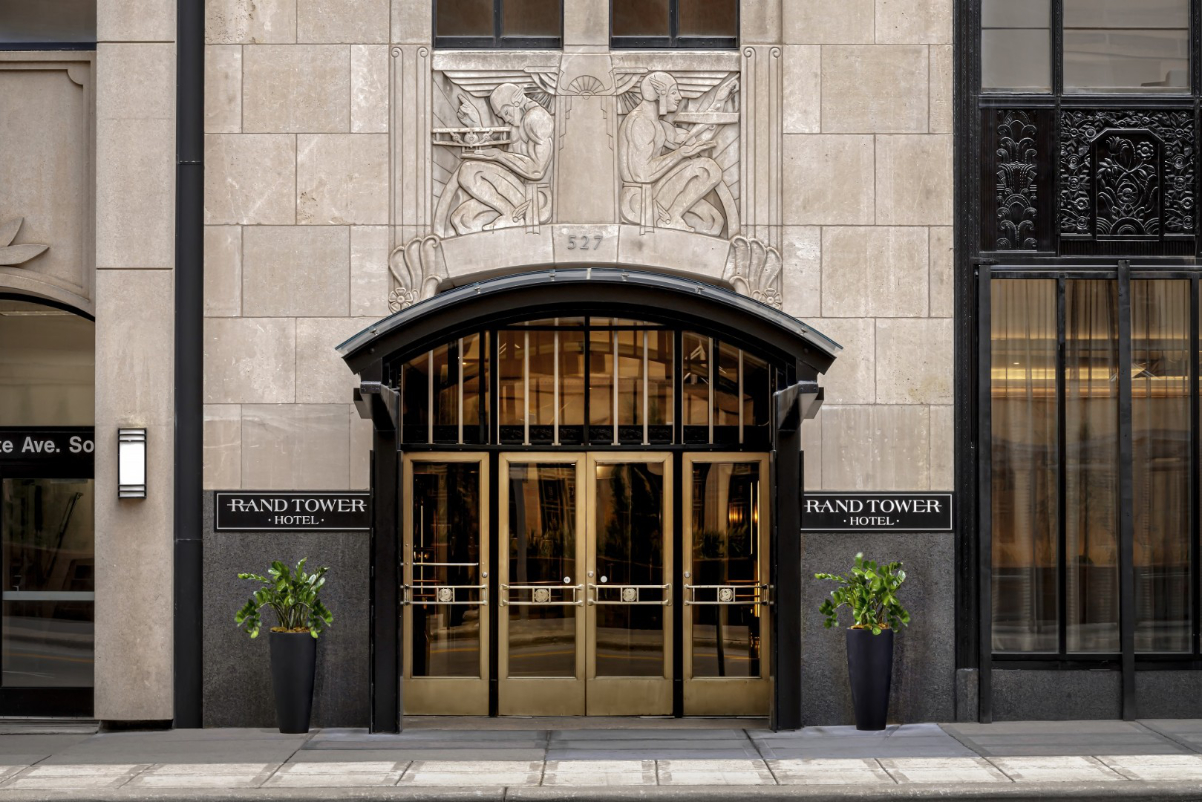Highgate’s New CEO Goes On the Hunt for Luxury and Lifestyle Hotels
Skift Take

Early Check-In
Editor’s Note: Skift Senior Hospitality Editor Sean O’Neill brings readers exclusive reporting and insights into hotel deals and development, and how those trends are making an impact across the travel industry.I wasn’t expecting to find Highgate at last week’s Boutique Hotel Investment Conference by BLLA. The New York company, which owns hotels and manages them for others, hasn’t been considered a player in the boutique or luxury segments.
- Highgate has 560 hotels in its network, including 420 select-service brands, including ones branded LaQuinta by Wyndham. It has about 90,000 rooms under management.
- It says it’s the second-largest hotel management company in the U.S. after Aimbridge Hospitality. It says it’s the largest operator in New York City, with more than 35 hotels.
Last September, Highgate appointed Arash Azarbarzin as CEO, and one of his directives is to grow the company’s portfolio of luxury and lifestyle properties.
- Azarbarzin has expertise in luxury and lifestyle, having been the CEO of SH Hotels & Resorts, whose high-end brands include 1 Hotels and Baccarat.
- He’s building on Highgate’s current collection of about 60 luxury and lifestyle properties, including Boston’s freshly renovated grande dame of hotels, The Newbury, New York’s newly refurbished Park Lane, Miami Beach’s The Goodtime Hotel, and downtown Los Angeles’ Hotel Figueroa.
Azarbarzin said Highgate is in a shopping mood.
- “We’ve looked at at least 40 assets this year to acquire, and we didn’t win any of them because we’re not going to pay crazy money,” Azarbarzin said.
- “We try to find assets that are off-market,” Azarbarzin said.
Expect Highgate to prefer shopping for portfolios rather than individual hotels.
- “Buying 125 hotels is much better than buying one and taking a chance,” Azarbarzin said.
That said, Highgate also likes one-off hotel purchases when the properties are off-market and perhaps undervalued.
- Highgate has had two off-market deals in the past year.
- It bought the 425-room, 40-acre Scottsdale Plaza Resort in Arizona, which it will invest $120 million and reposition as two separate hotels.
- It also bought the Royal Lahaina Hotel in Maui.
- But one-off deals have been difficult because the pandemic has slowed down the growth in supply in many key markets while causing some owners to be inflexible about sale prices they’re willing to accept.
Highgate can bring industry best practices to new acquisitions, revving up a hotel’s performance, its CEO said.
- Before the purchase, Royal Lahaina was doing about $10 million in net operating income, or the money left after expenses.
- Highgate updated the hotel’s website and added better revenue management software.
- “Within 30 days, we’re now on track to do $40 million of NOI [net operating income] in one year, with no renovation,” Azarbarzin said.
- One trick was that it seized control of Royal Lahaina’s distribution of tickets for its luaus, a traditional Hawaiian feast with entertainment.
- The old operator was letting brokers sell tickets to its luaus, paying commissions of approximately 30 percent. Highgate brought the ticket sales mostly in-house, reducing commissions to about 5 to 10 percent.
- “We’re now doing 800 covers, up from 700 a day, because by having direct control, we can guarantee seats, and we’ve boosted the overall profit,” Azarbarzin said.
Betting on luxury and lifestyle hotels requires an investment in technology.
- We’re not talking mobile check-in and keyless entry.
- We’re talking hardware, such as ensuring internet speeds are zippy throughout a property no matter how old the structure may be.
- We’re also talking about software, such as tools for revenue management (or using computers to set rates to best match supply and demand) and tools to mine data and learn how to anticipate what individual guests desire most.
- Azarbarzin said Highgate is investing “millions” in technology, including through a contract with travel tech firm Cendyn.
Stellar food and beverage offerings are also critical for luxury and lifestyle properties. So Highgate has invested in these capabilities.
- In March, Highgate announced TableOne, a lab for researching and developing hotel restaurants, in a partnership with celebrated restauranteurs.
- TableOne is led by CEO Patric Yumul, who ran award-winning chef’s Michael Mina hospitality group Mina, along with a half-dozen Mina alumni.
- It has 18 restaurants under development in Highgate’s hotels.
- “Mina has one of the best recipe exchange systems in the country,” Azarbarzin said. “If we’re looking for a recipe used at one of Mina’s 50 restaurants, we can log in and get what we need.”
- “Sometimes when you lease your restaurant to a third-party, even if it’s the best restaurant in town, they don’t care about the guests upstairs, such as a group coming in and needing priority for a special table,” Azarbarzin said, explaining the investment.
One of Highgate’s most distinctive efforts is to start marketing itself as a brand.
- Most guests don’t know today they’re checking into a hotel managed or operated by Highgate.
- Azarbarzin wants to make Highgate a brand recognized by consumers. This is relatively unheard of among management companies.
- It’s building a Highgate website where guests can book its hotels.
- Will anyone really click on a hotel because of the brand name of its management company, rather than check reviews on Google and elsewhere? Testing will reveal the answer to that.
- In the meantime, Highgate claims that some of its properties have direct booking percentages between 40 and 70 percent. So some marketing efforts for repeat visitors may help guests connect the dots.
I expect Highgate to make at least one eye-catching move before the end of the year, regardless of concerns about broader economic dynamics. Given how ambitious Azarbarzin is — and how he has been speeding up the metabolism of Highgate — further news can’t be long off.
I always read tips and feedback. Contact me at [email protected] or via LinkedIn.





